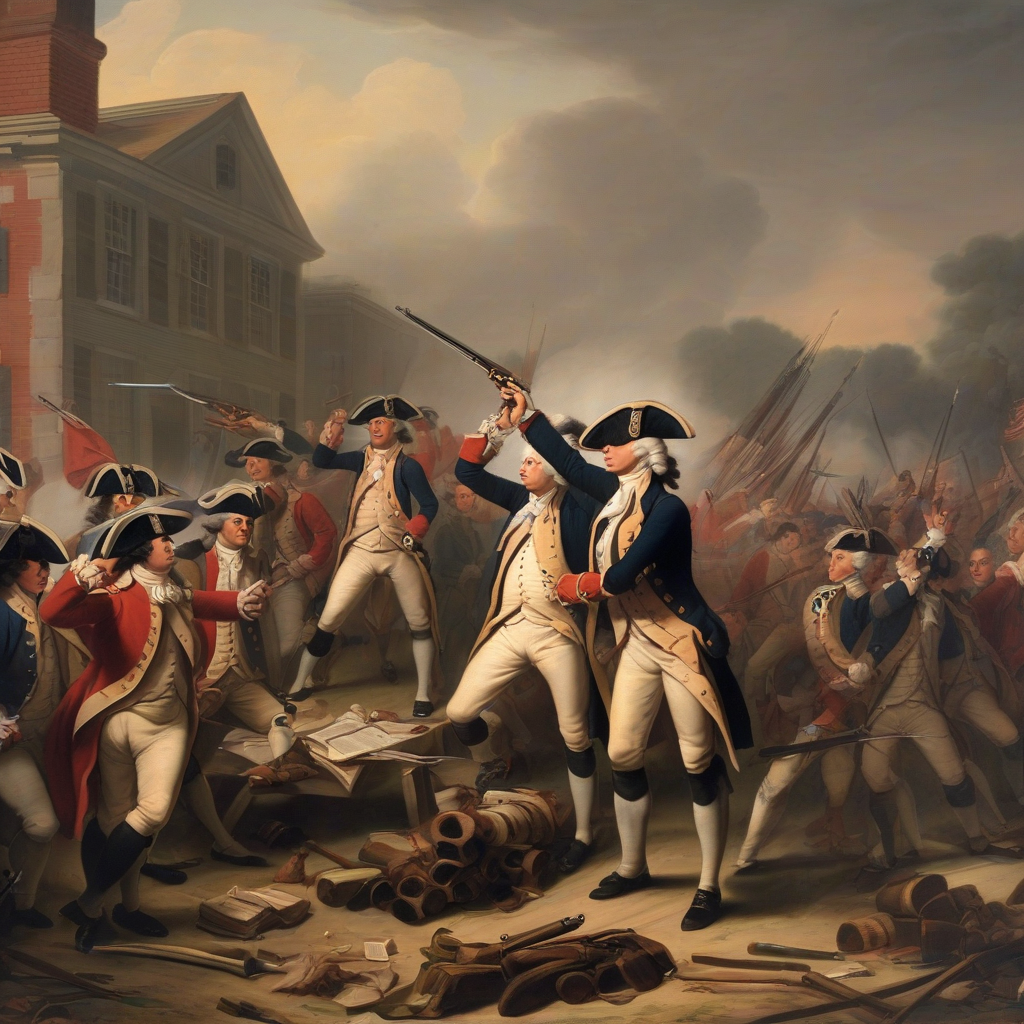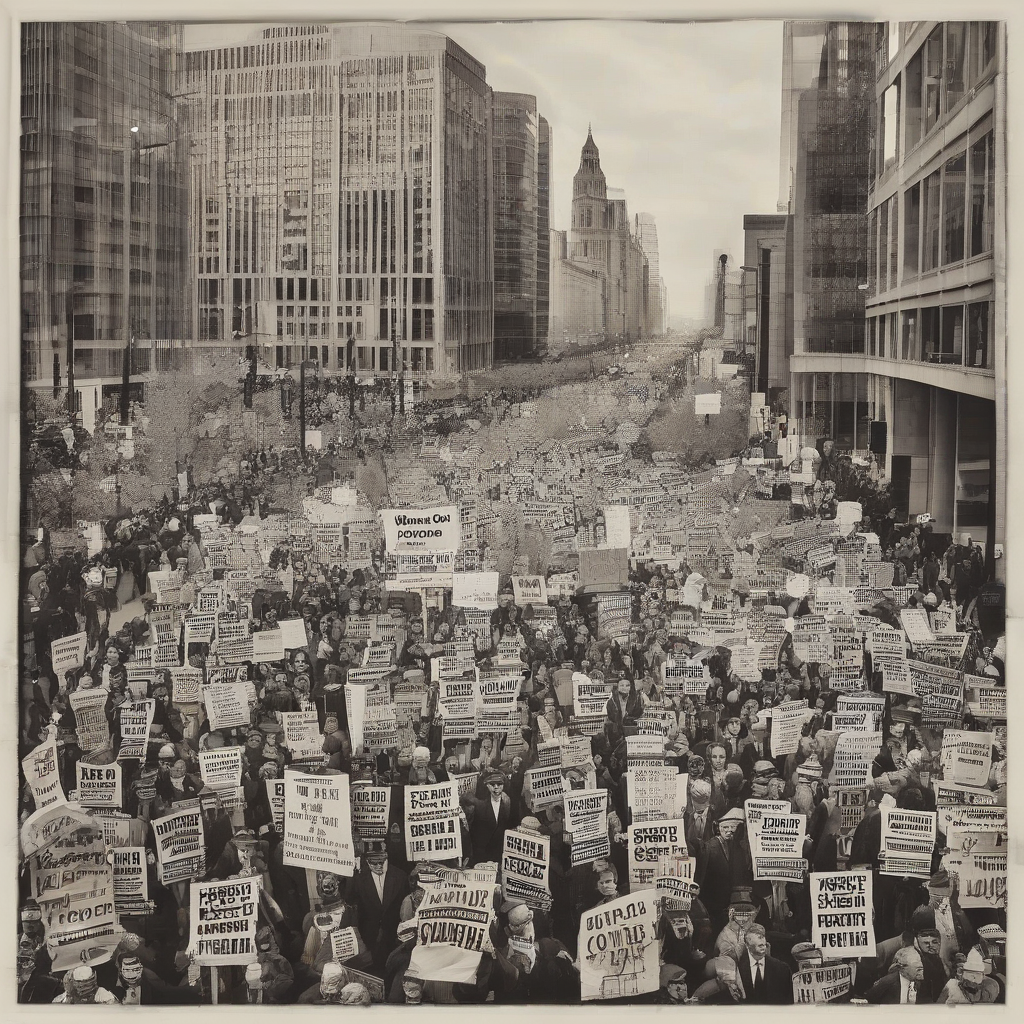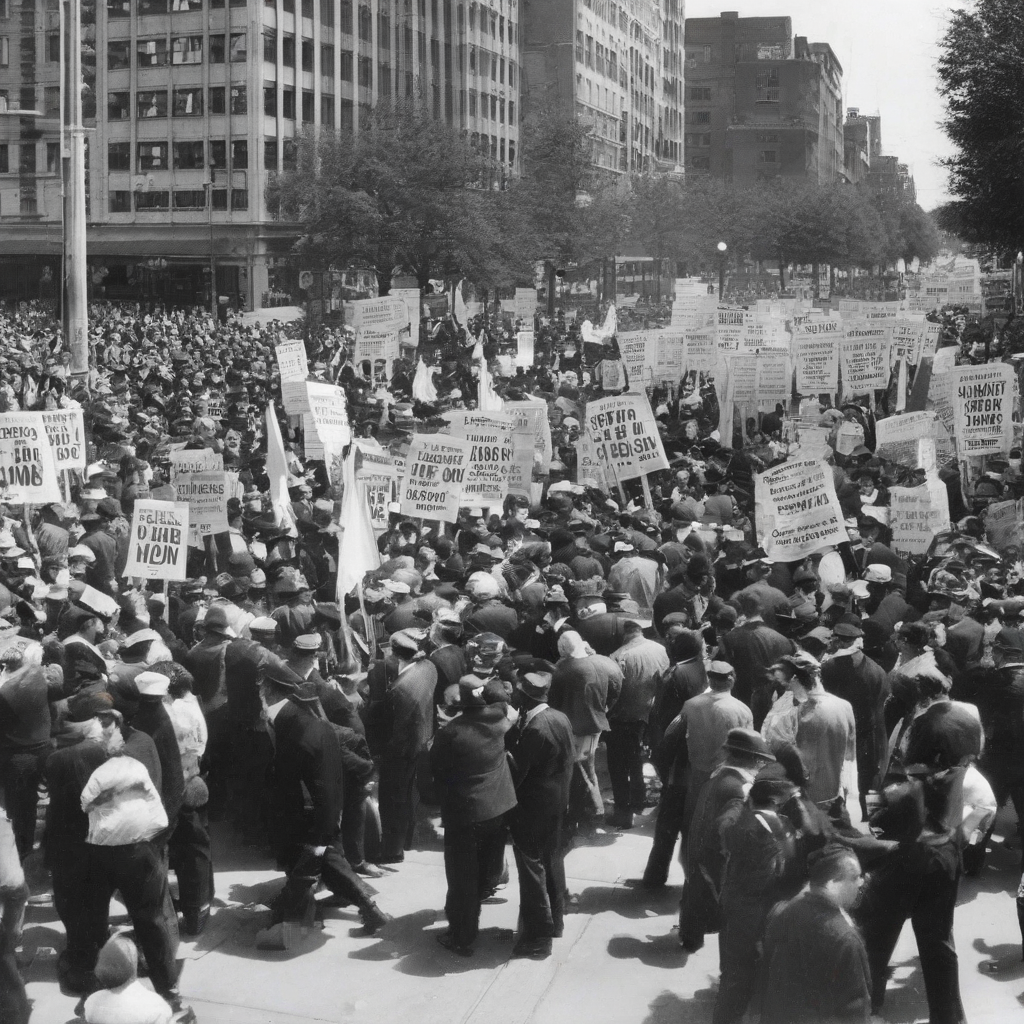Marxist Analyses of American Politics
American politics, a complex tapestry woven with threads of individual liberty, capitalist enterprise, and democratic ideals, presents a fascinating case study for Marxist analysis. While the United States has never been a socialist state, understanding its political landscape through a Marxist lens offers valuable insights into power dynamics, class struggle, and the inherent contradictions within the American Dream. This essay will explore various Marxist perspectives on American politics, examining the historical development of the nation, the role of the state, and the ongoing struggle for social justice.
Historical Materialism and the American Exceptionalism Myth
A cornerstone of Marxist analysis is historical materialism, the belief that the economic base—the means and relations of production—shapes the political and ideological superstructure. Applying this to the US, we can see how the country's capitalist development has profoundly impacted its political institutions and culture. The American Revolution, often framed as a fight for liberty, can also be interpreted as a bourgeois revolution, where the rising capitalist class overthrew feudal remnants and established a system that prioritized private property and free markets.

The subsequent westward expansion, fueled by capitalist accumulation and Manifest Destiny, involved the dispossession of Indigenous populations and the exploitation of enslaved African Americans. This process laid the foundation for the nation's economic prosperity but also entrenched systemic inequalities that continue to shape contemporary American politics. The myth of American exceptionalism, the notion that the US represents a unique and superior model of democracy and capitalism, serves to mask these historical injustices and legitimize the existing power structures. Marxist analysis challenges this narrative, exposing the inherent contradictions between the ideals of liberty and equality and the realities of capitalist exploitation.
The Role of the State in Maintaining Capitalist Dominance
Marxists view the state not as a neutral arbiter but as an instrument of the ruling class, tasked with maintaining the existing economic order. In the US context, this means the state actively works to protect the interests of capital, even if it requires sacrificing the well-being of the working class. This is evident in various policies, from tax cuts benefiting corporations to deregulation that allows businesses to operate with minimal oversight, often at the expense of environmental protection and worker safety.

The political process itself is susceptible to capitalist influence. Lobbying, campaign finance, and the revolving door between government and industry all contribute to a system where the wealthy and powerful wield disproportionate influence. While formal democratic institutions exist, Marxist analysis highlights how these institutions can be manipulated to serve the interests of the capitalist class, perpetuating inequality and hindering genuine social change.
Class Struggle and the American Working Class
Class struggle, the central dynamic in Marxist theory, is undeniably present in American politics. The ongoing conflict between capital and labor manifests in various forms, including strikes, union organizing, and political activism. The American working class, despite its diversity, faces common challenges such as stagnant wages, precarious employment, and the ever-present threat of automation.

While the US has a history of labor movements, the power of organized labor has significantly diminished in recent decades. Neoliberal policies, globalization, and the decline of manufacturing have weakened the bargaining power of workers, leading to increased income inequality and a decline in worker protections. Marxist analyses examine the strategies employed by the capitalist class to suppress labor movements and maintain control over the means of production. Understanding these strategies is crucial for building effective movements for working-class empowerment.
Hegemony and Ideological Control
Marxist theory also emphasizes the importance of ideology in maintaining capitalist dominance. Antonio Gramsci's concept of hegemony highlights how the ruling class achieves consent, not merely through force, but also through the dissemination of ideas and beliefs that justify the existing social order. In the US, this is accomplished through various means, including the mass media, education, and religious institutions.

The American Dream, for instance, functions as a powerful ideological tool. It promises upward mobility and individual success through hard work and determination, obscuring the systemic inequalities that limit opportunities for many. Marxist analyses dissect these ideological mechanisms, exposing how they contribute to the reproduction of capitalist relations and hinder class consciousness. By understanding how hegemony operates, progressive movements can develop counter-hegemonic strategies to challenge dominant narratives and build broader coalitions for social change.
The Persistence of Racial Capitalism
No analysis of American politics through a Marxist lens would be complete without acknowledging the deeply intertwined nature of capitalism and racism. The concept of racial capitalism highlights how racial oppression has been integral to the development and maintenance of the capitalist system in the US. From slavery to Jim Crow to mass incarceration, racial hierarchies have been used to create a cheap labor supply, disenfranchise marginalized communities, and maintain social control.

Marxist scholars argue that addressing racial injustice requires a fundamental restructuring of the capitalist system itself. Simply tackling individual instances of racism is insufficient; it is necessary to challenge the systemic inequalities that are embedded within the very fabric of American society and to strive towards a more equitable distribution of wealth and power.
The Future of Marxist Analysis in Understanding American Politics
Marxist analysis offers a critical framework for understanding the complexities of American politics. By exposing the inherent contradictions of capitalism and the role of the state in maintaining the existing power structures, it provides valuable insights into the persistent inequalities that plague the nation. While the US is not a monolithic Marxist state, applying this lens illuminates the ongoing class struggle, the influence of ideology, and the historical context shaping contemporary American politics. By critically examining the dynamics of power, we can better equip ourselves to fight for social justice and build a more equitable future.